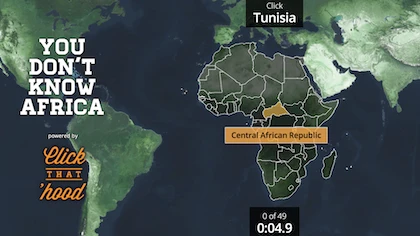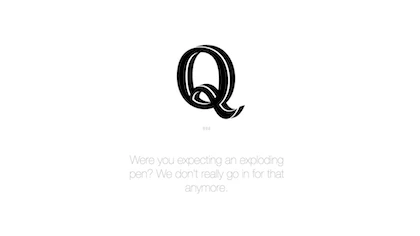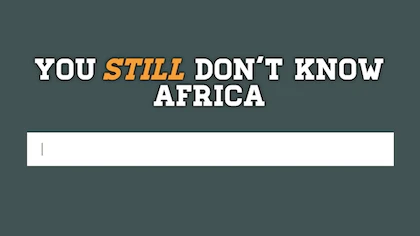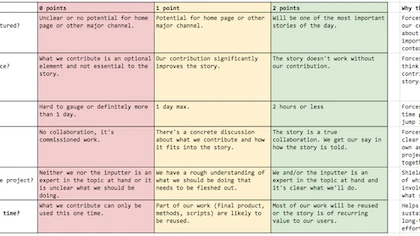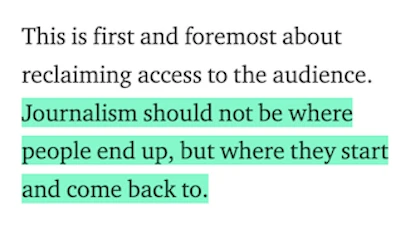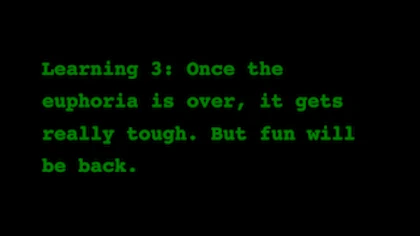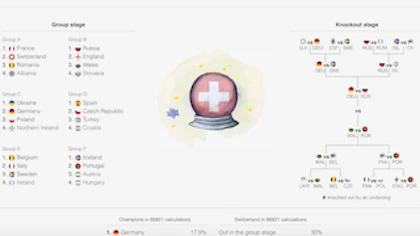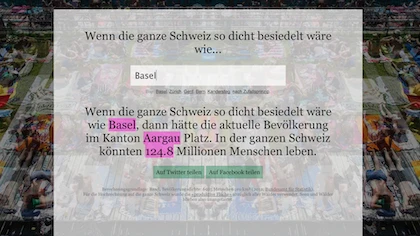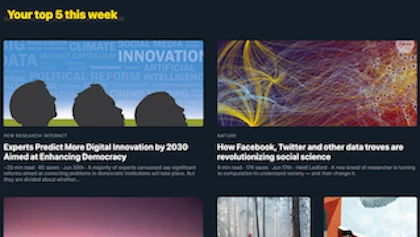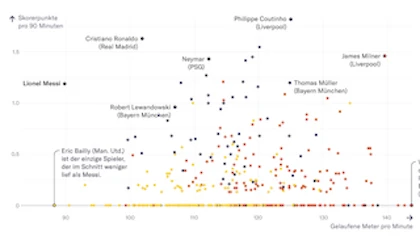My Talk at TEDxZurich: How an Ancient Greek Thinker Can Help Us Understand Technology.
October 24, 2010
Last Wednesday, I had the pleasure to be one of the speakers at the first edition of TEDxZurich, one of the independently organised events under the global TED brand (famous for their claim “Ideas worth spreading” and even more famous for living up to its claim like hardly any other brand does).
When I was approached by the organisers of TEDxZurich to give this talk, I was asked to speak about technology critisism, or actually, to criticise technology criticism. So I came up with the idea of bringing together two elements I had used in my book “Kurzbefehl – Der Kompass für das digitale Leben” (recently published by Echtzeit Verlag): 1) A story about me having myself tested whether the internet has made me stupid, 2) My recommendation to turn to Pyrrhon of Elis to get along in digital life.
Here’s how it turned out (annoyinly, I skipped one sentence in my talk, I’ve highlighted it in the script below).
So, how can an ancient Greek thinker help us understand technology?
When we think of ancient times, we think of wise, bearded men, pondering over the big questions of life. “Where do we come from?”, “Where are we going?” and “What are we supposed to do in between?”. Today, it seems, everyone is going crazy about a different question: “Is the internet making us stupid?”.
I’ll come back to the greek thinker in a minute. First, we need to talk about this internet.
Let me tell you a little story. Some weeks ago, when I was writing on a book about how to get along in digital life, I was curious to find out myself whether the internet is making us stupid.
What I did was, I called up some cognitive psychologists at the University of Basel. I wanted them to test my brain. See whether I can still think properly, concentrate, multitask. The kinds of abilities that the internet is said to be destroying. I’m a heavy internet user myself, so if this dumbing down by the internet existed, I’m first in line.
So I went there, into a tiny lab in a basement, just one window, a computer, some technical stuff. I underwent a series of tests; memorising patterns, calculating numbers, stuff like that. One hour, that was that.
One week later, I went again, did the same series of tests. The interesting thing was, I struggled more than the first time. So what had happened? Before I had gone for the first test, I had been offline for an entire week. Between the first and the second test, I had pushed my internet exposure even beyond my usual 8 to 10 hours. So it appears that heavy internet consumption has made my brain struggle. Now here’s the fun fact: I did better in all tests the second time. I struggled more, but the results were better, even controlled for learning effects.
What do we learn from that? That the internet is F-T-W, for the win? Maybe not. It was just one small experiment, not overly scientific. But there is an important takeaway message in it.
The way we experience and percieve things is not necessarily how they really are.
Most people don’t seem to be aware of that or, if they are, they at least do not care, making bold statements about how things are, all the time. Not just about whether the internet is making us stupid or superbright. If you follow tech news, it’s full of judgements and predictions. How many iPhone-killers have you heard of? The web is dead. Facebook will overtake Google. Nick Denton is the new Murdoch. Twitter will change the way we do business. You know what I’m talking about. Journalists do it. I’ve done it myself. Social Media consultants, they make a living of it. Bloggers, obvious case. We all do it, when we tweet out our definite wisdom about how things are. #fail here, #epicwin there.
It’s kind of a Lucky Luke syndrome. We judge quicker than our shadow can understand. And it’s perfectly understandable. People want to understand how things are. How technology will evolve in the future. It’s perfectly understandable. But it’s really not the way to go.
That’s why I want you to meet Pyrrhon of Elis.
Pyrrhon of Elis is considered the founding father of Skepticism. He’s called Pyrrhon of Elis, because, obviousle he is of Elis, born around 360 before Christ in the region of Elis on the Peloponnese. He might be dead now for over 2000 years, but he he can help us understand technology. He won’t tell us whether Facebook will go down MySpace alley, whether Twitter will bring peace to the Middle East. Or whether the internet is making us stupid, for that matter. He’s teaching us a lesson that well goes beyond that. What he’s saying is: relax guys.
Pyrrhonian Skepticism is based on three assumptions
1) We are unable to fully percieve the things around us
2) Therefore, we cannot make judgements on these things
3) If we accept this, we’ll find wisdom and peace of mindSo instead of always taking sides and making judgements about how things are, why not take one step back and admit: we don’t really know. I mean, with technology, we’re mostly talking about the future. And a bit of modesty towards our knowledge of what hasn’t even happened yet, that seems reasonable, doesn’t it?
Of course, following Pyrrhon literally would have huge implications, casting doubt over just about anything. If I did, I couldn’t be standing here. I would not be able to decide whether TEDx really existed or not. I couldn’t be standing here, telling you things, that – in pure skepticism – I don’t know nothing about. And of course, if we want to understand technology better, we need to talk about it, have debates, make assumptions.
But in doing so, it’s good to have Pyrrhon at the back of our minds. Our judgements and statements are more sound and more reasonable, if we don’t take them for granted. And we’ll actually come closer to something like truth if we accept that we’ll never quite find it. And if one thing’s for sure: It feels great to sometimes just say the three magic words: I don’t know.
So if you go for lunch now, take for granted that the food is for real. But don’t be overly sure about what you think and say in discussions. Be a skeptic. Follow Pyrrhon of Elis.
Thank you.
For more on TEDxZurich, go check their website or their YouTube channel. And make sure to be there yourself when TEDxZurich 2011 is on.
